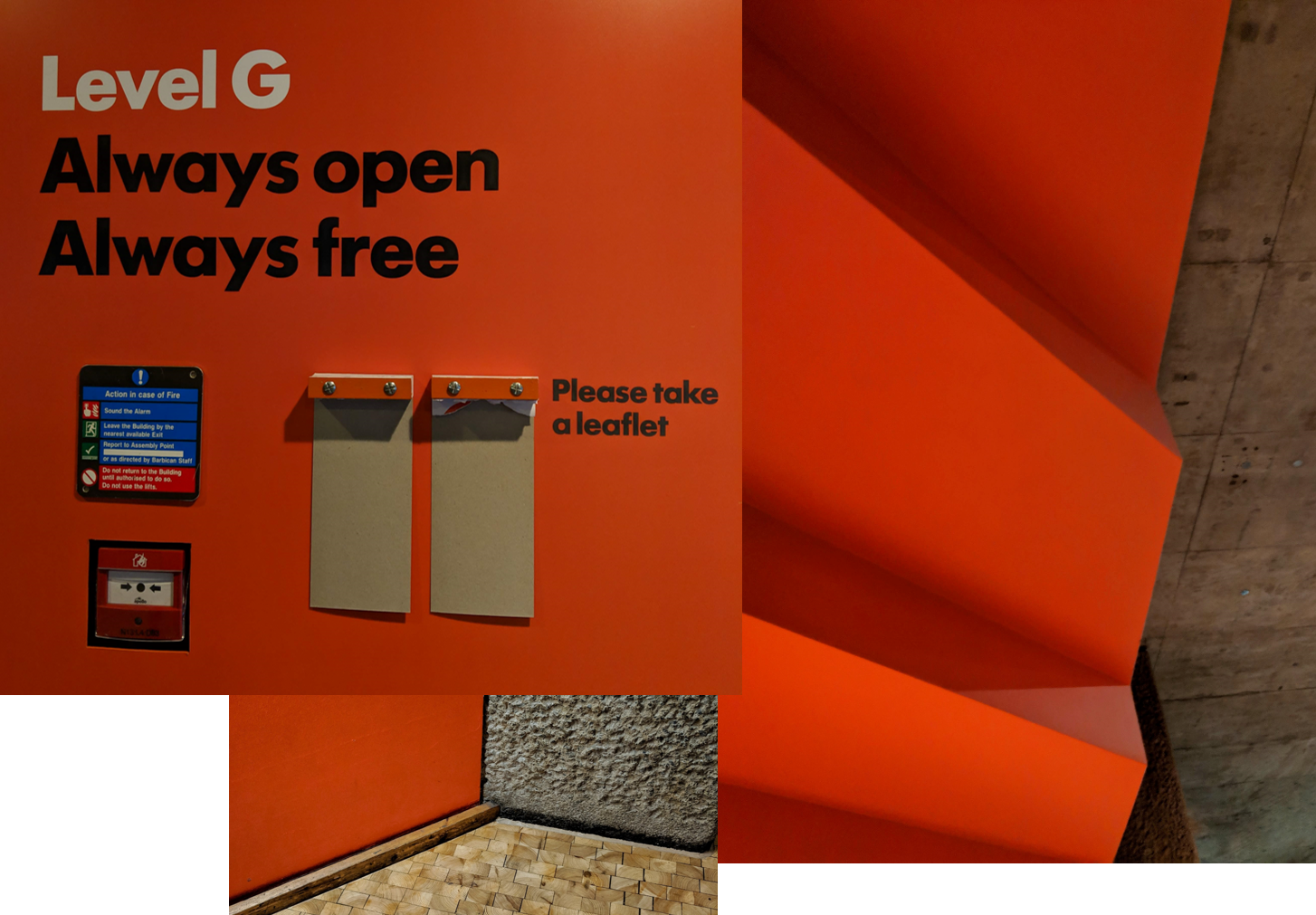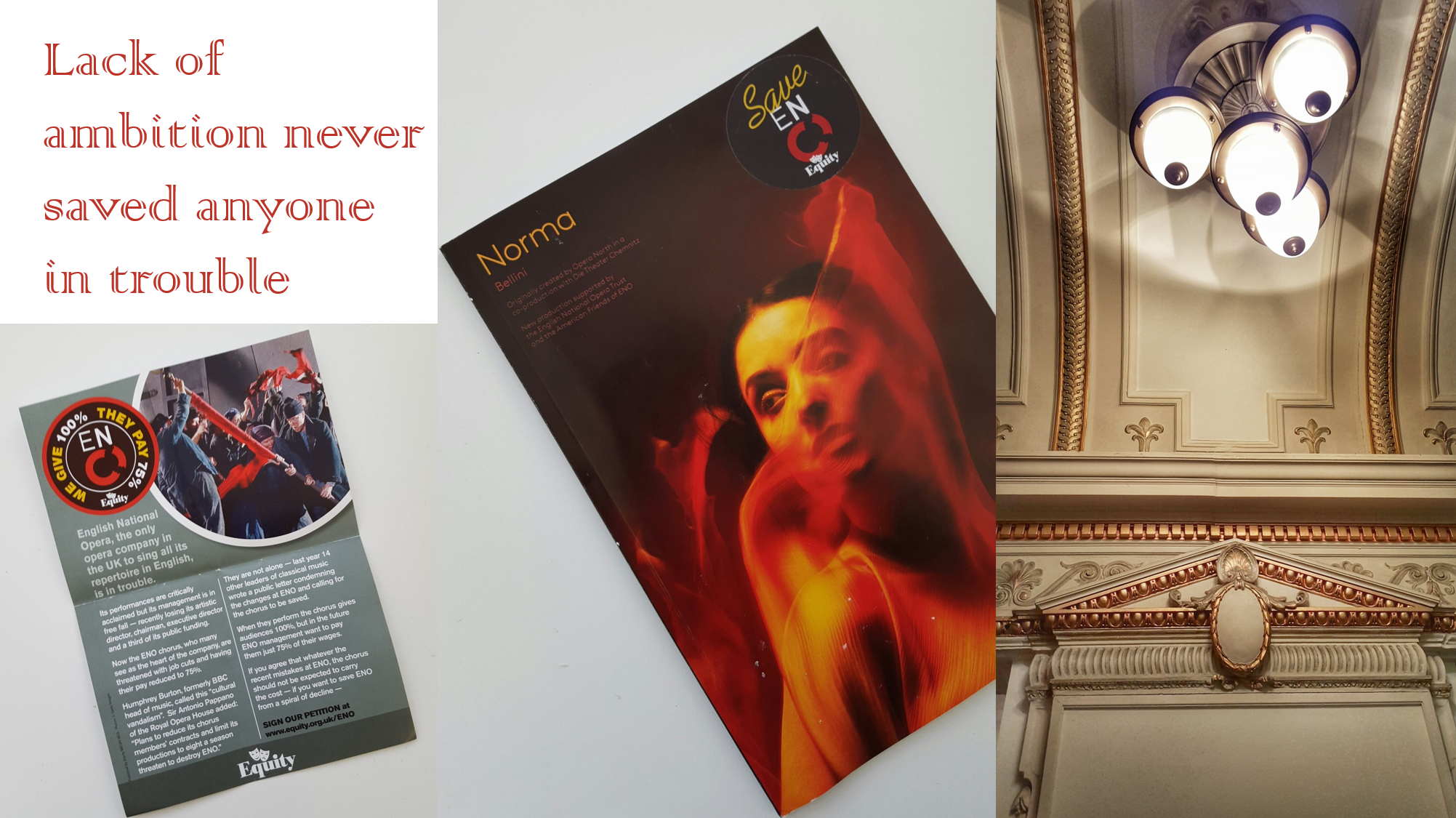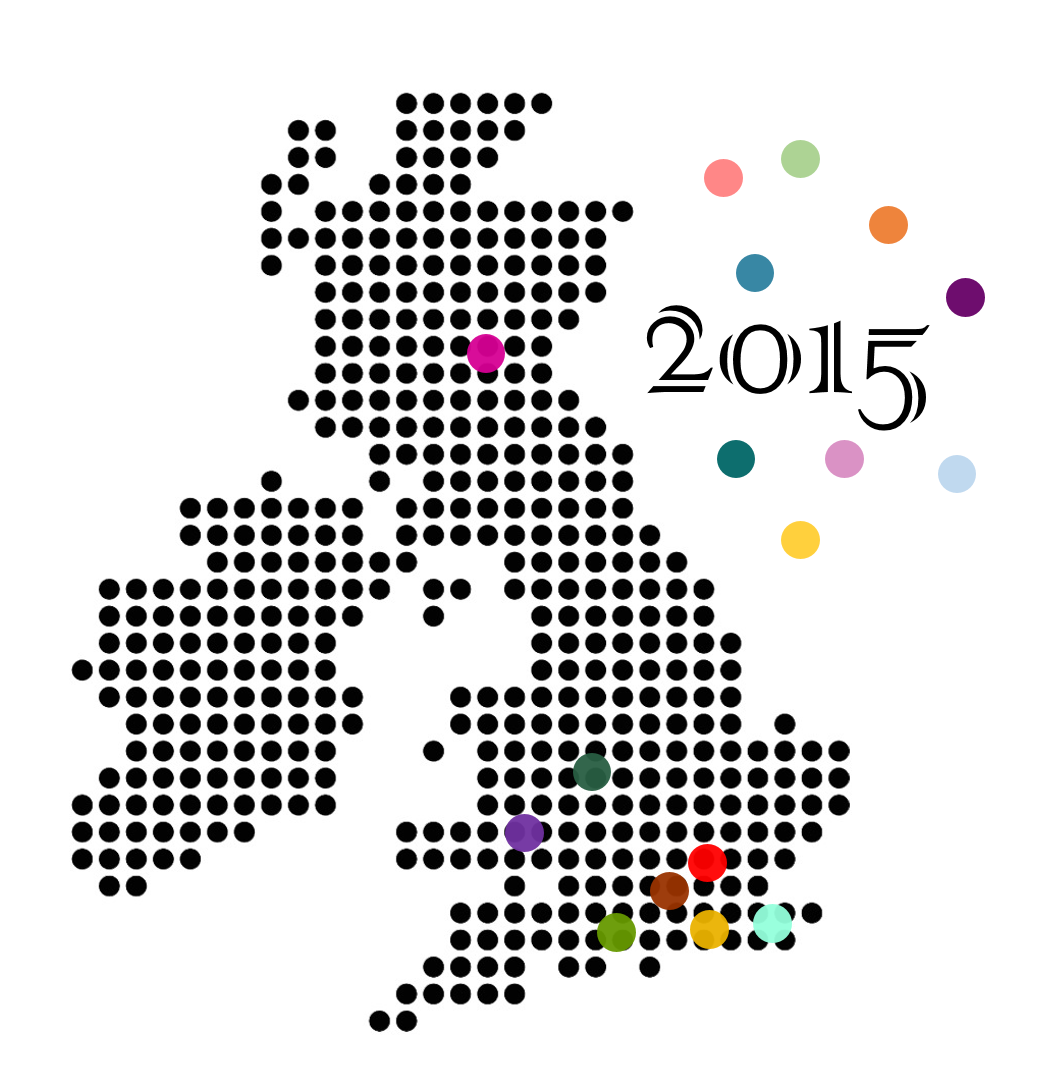
Since “freedom day” our performance spaces have reopened and most have refused to take any serious precautions to avert further spread of Covid, egged on by an incompetent government that has made inaction and doing the absolute minimum is good enough.
All around Europe over the last six months it has been standard policy to require audiences to have proof of vaccination, to have recovered from or have a recent negative test before entering. In England currently it’s essentially free for all, just a few hand sanitising stations and leaving mask wearing to the audience’s “common sense”. Unfortunately this has been led from the political leadership of DCMS who want to keep pretending that the pandemic is dealt with and still treating the stalled vaccination programme as a panacea. They willfully ignore the very fact that this virus is airborne. As a reasonable person I feel uneasy that our performance companies are happy to sell full capacity auditoria without any tangible mitigation strategies in place.
Last year I was hugely disappointed to miss out on The Rake’s Progress and Fidelio at Glyndebourne and Jenůfa at the Royal Opera House. When they were all reprogrammed for this autumn I booked hoping that we would be dealing with a socially distanced set up. But it wasn’t to be. Glyndebourne disappointingly dropped the plans to check vaccination status for all patrons… presumably because of pressure from DCMS/Arts Council who helped them financially last year and also sponsor the Tour. Jenůfa was a horrible situation with around 30% of the audience bothering to wear any face coverings which at this stage in this pandemic is utterly childish and thoughtless. And yet the Royal Opera House allowed many of us and their own staff to be in a more precarious situation that we had to be. Can imagine after firing most of the front of house staff early on in the pandemic (what a shoddy employer they really are) the staff that was rehired, presumably with worse conditions, felt less at ease to push back at the lack of safeguards for their daily interactions with the largely unmasked punters.
I did write to both institutions and repeatedly tweeted them my disbelief for being so irresponsible, all I got back was just cut and paste DMs and emails that said very little. They clearly didn’t think trying to mitigate spread was part of their planning in restarting live performances. Somehow making many of us complaining feel as if we are overreacting. Even when we bring up the example of most other opera companies around the world being much more cautious and proactive we were faced with a wall of silence. We’ve even had newspaper published critics mentioning how unsafe they felt at the opera house…and yet apparently nothing to see there.
The feeling was particularly compounded by spotting the CEO of the Opera House, Alex Beard sitting and chatting in the company seats at the back of the Stalls as if nothing is happening. When at all entry points they have massive signs “encouraging” people to keep their face coverings on. It’s all a total joke when the leadership are happy to be seen maskless when apparently they take the pandemic “very seriously”. I’m afraid in order to believe it, dear ROH, I’d like to see some tangible effort.
I’m sick of it and was rather tickled to see ticket holders for upcoming events at Covent Garden being sent messages for seating areas that had been declared into compulsory mask wearing areas to protect their staff and artists. So clearly the unions must have got involved at long last and got the management to acknowledge that they don’t do enough to enforce the absolute minimum mitigation measures that are in place. Another thing that it makes clear is that they essentially acknowledge that they are not enforcing mask wearing and from my first hand experience I’d say the vast majority is not bothering.

But in the same week when the Prime Minister visits a hospital and is pictured maskless next to fully masked doctors and nurses. It gives an implicit permission to other public institutions to be negligent and to just keep pretending that they have done all they can. I would largely attribute it to the handouts through the #hereforculture scheme from the Arts Council via DCMS that came with lots of caveats and in essence has tied our performance spaces and companies to the purse strings of the government. So the fact they all reflect their utter incompetence is not a huge surprise. But it is disappointing to see the performance company bosses be much more subservient than their equivalents in the visual arts, who have largely kept their stricter mitigating measures in place, despite their venues being inherently safer than a crowded, airless auditorium. I know from experience this government has long been trying to wrestle control of institutions they are only a minority funder of. But the pandemic offered them the golden opportunity to push further with their agenda while so many income streams dried out over three lockdowns, their demands being much harder for the institutions to deflect.
Until any of the above changes for the better, I refuse to book tickets for any performances and I would ask anyone who is agreeing that they are not doing enough to look after their audiences and staff, to join me. We should be demanding better from the companies that our taxes fund. We have all had a tough twenty months and would love to support some of our favourite artists but not at the expense of keeping the infection rates at the current humongous levels. It is not possible to ignore what’s happening around us while we sit down in our velvet seats and take in a show, if we do, then we are part of the problem.





 The last time I wrote a blog post, Donald Trump had just become President of the USA, which pretty much prefigured the chaos and confusion of the last twelve months. But being on the door step of a possible nuclear obliteration is a good time to look back to all the joyful artistic experiences that made it from bearable to outright gorgeous. Since I lazily put together a short list of favourites from the last twelve months in response to
The last time I wrote a blog post, Donald Trump had just become President of the USA, which pretty much prefigured the chaos and confusion of the last twelve months. But being on the door step of a possible nuclear obliteration is a good time to look back to all the joyful artistic experiences that made it from bearable to outright gorgeous. Since I lazily put together a short list of favourites from the last twelve months in response to 

 Dear readers…I have been a bad boy this year and my blogging was rather infrequent. Mind you, if you follow me on any social media you probably have heard more from me than you’d like to…but thanks for persevering.
Dear readers…I have been a bad boy this year and my blogging was rather infrequent. Mind you, if you follow me on any social media you probably have heard more from me than you’d like to…but thanks for persevering.





